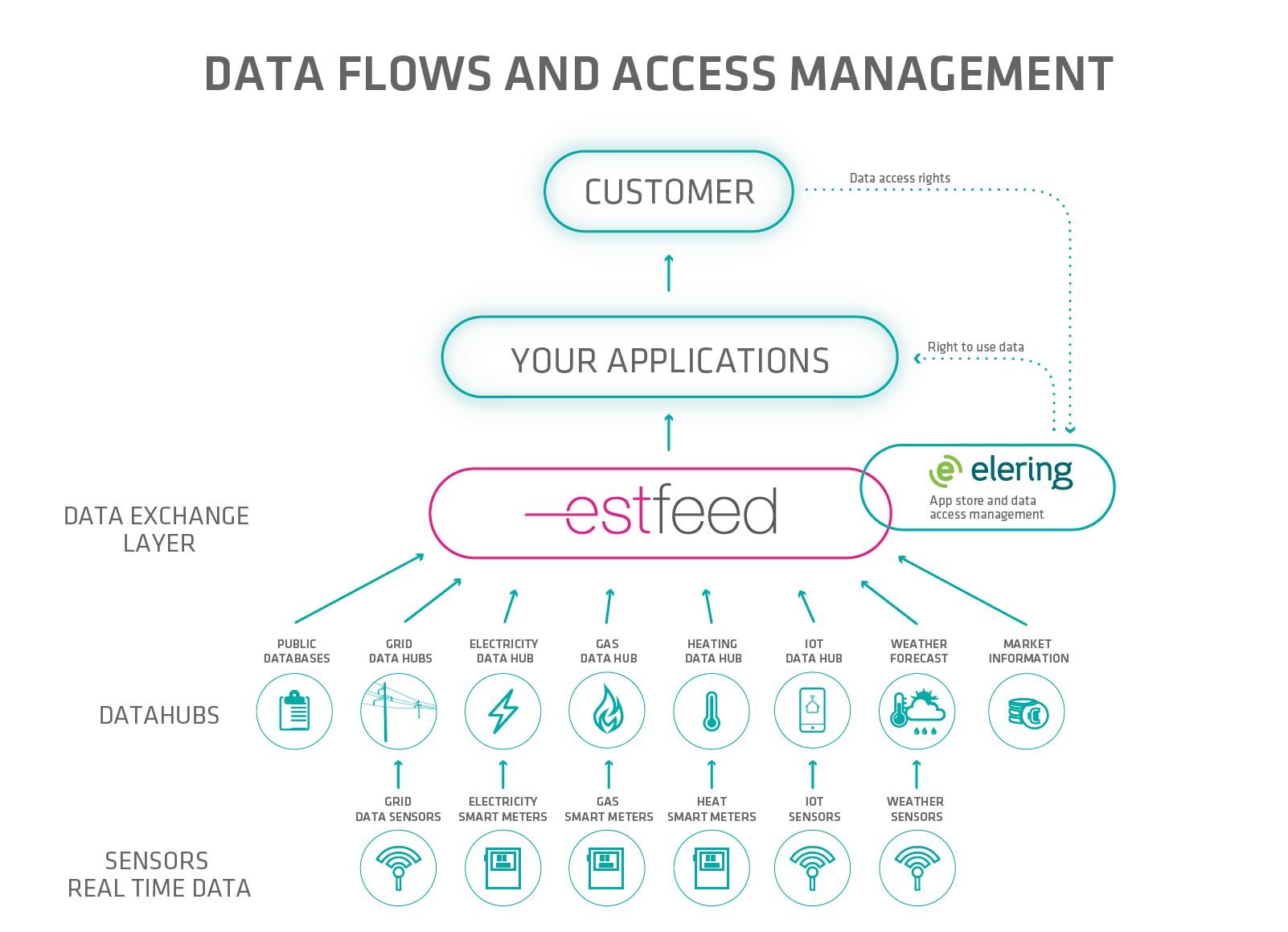Readers and X-Road® technology enthusiasts around the globe may have spotted a pattern by now – use cases of the data exchange layer prominently feature applications in the public sector. This is true to a certain extent, as X-Road is notably the backbone of Estonia’s digital public services. But private sector companies are increasingly considering taking up the technology, even far beyond the borders of Estonia.
In Japan, X-Road is now enabling efficient information exchange of clients’ data in the energy sector. National energy operator Nippon Gas Co., LTD (hereinafter Nichigas), partnering with tech startup Planetway, is using a proprietary product based on the X-Road data exchange layer to bridge back-office IT gaps between its subsidiary companies. Improving processing time of clients’ inquiries, Nichigas is already a case study of result-based applications of X-Road for the Japanese private sector.
Raul Allikivi, Chief Relations Officer at Planetway, and Yuki Matsuda, Executive Officer for the IT Department at Nichigas, introduce us to this shining example of how the technology can dramatically benefit operational efficiencyin private sector organizations everywhere.
Background and institutional framework
A series of reforms throughout the past five years has changed the configuration of the Japanese energy market. Since 2016, the progressive liberalization has given companies the possibility to change their organizational setting, and the way energy is distributed to customers nationwide. “For what concerns electricity, in that same year, the three largest companies on the market divided their operations respectively among three subsidiary branches – for power generation, operating the network, and retail. Then, in 2017, market liberalization affected the gas industry too. That is what allowed us to start selling city gas from then, and electricity as a retailer from 2018,” Yuki Matsuda explains.
Such changes are key to understanding what triggered the need for interoperability in the eyes of Nichigas’ executives. The company is currently the largest LPG (Liquefied petroleum gas) retailer in Japan, as well as the 3rd main LNG (Liquefied natural gas) retailer and pipeline operator in the Greater Tokyo area. The Nichigas group gathers a total of five companies between the mother branch and its subsidiary agencies. As one of the top actors in the Japanese energy market, it needs to take care of a vast customer base, counting over 1.5 million people.
Needs and challenges
Just to give an intuitive account of what having so many users entails, imagine one company serving a market larger than the whole population of Estonia (yes, children and elderly citizens included). “With information on users spread across five subsidiary companies, it is clear that this was meant to mess up the efficiency of our customer care. Upon receiving a call, the only piece of information our operators know is the name of the caller. But to provide correct, helpful responses, naturally they need to know much more,” Matsuda says.
That is when the cooperation between Nichigas and tech startup Planetway started. The needs were clear but, on the other hand, the solution was too. After the first contact in spring 2018, Planetway got to the drawing board. And in just one year, the company developed a secure data access platform based on the X-Road technology – PlanetCross.
“Traditionally, we are used to think of X-Road as a tool that predominantly benefits governments. However, in larger countries where digitalization is not so fast to pick up in the public sector, companies can take the lead. But this can happen only if top executives are deeply committed to digital transformation, see its business value, and have the human capital necessary to make the change,” Raul Allikivi explains.
From the match between the clear intents of Nichigas and the expertise provided by Planetway, the Japanese company could reap the benefits of the proprietary product based on X-Road created by the latter. The platform, tailoring the functionalities of the X-Road technology on the needs of the private sector at large, is currently active as a service for Nichigas’ operations. But the possibilities to further increase the pool of firms it serves are plenty.
The solution
PlanetCross is an award-winning, highly secure data access platform. Drawing from almost 20 years of Estonian experience with X-Road, it incorporates all core features of the pioneering solution to establish bridges between relational databases, ensuring availability and traceability of the information exchanged.
Source: Planetway
The platform is the backbone supporting call centre operations between Nichigas and its other four subsidiary companies. Currently, PlanetCross enables the Japanese energy group to handle around 1.5 million transactions each month through the company’s software Nichigas Search. And beyond capacity-building, the efficiency gains in average handling time of the requests received are also evident. From the initial 6 minutes per call, operators have now reduced it by 45 seconds.
“Planetway’s product and support empowered our effort to make our call centre operations more sophisticated,timely, and of higher quality. As liberalization of the energy sector increases in Japan, digital transformation can unlock opportunities also in the LPG market. In practice, PlanetCross can help reduce operational costs of switching from an energy company to another for customers – and not just due to the way data is handled, but also thanks to a change in the overall approach to relevant business processes. Ultimately, the platform gives an interesting IT character to our activities, and paves the way for further developments in this direction,” Yuki Matsuda says.
The vision for PlanetCross, indeed, stretches beyond the partnership with Nichigas for Planetway too. “In Japan, there are many players with vested interests in the IT field. But in that context, Nichigas is a great example of a relatively medium-sized company where the leadership has a strong vision, and capable people within the company can follow suit effectively. Other companies too, are considering the uptake of this solution to achieve higher efficiency in their operations, unsurprisingly. Scalability is certainly not a problem,” Raul Allikivi explains.
“We believe that, in the near future, private companies could become the main users of X-Road-based technologies. And as our CEO Noriaki Hirao said in a recent interview as well, we have already reached a point where corporations hold much more private data on individuals than governments do. But people should be able to still be the owner of their personal information. X-Road and PlanetCross provide a pretty good blueprint to understanding how this can actually take place. In the future, we hope these technologies and standards can become everyone’s first choice when sensitive private data is involved in environments that need efficient information exchange,” Allikivi concludes.

